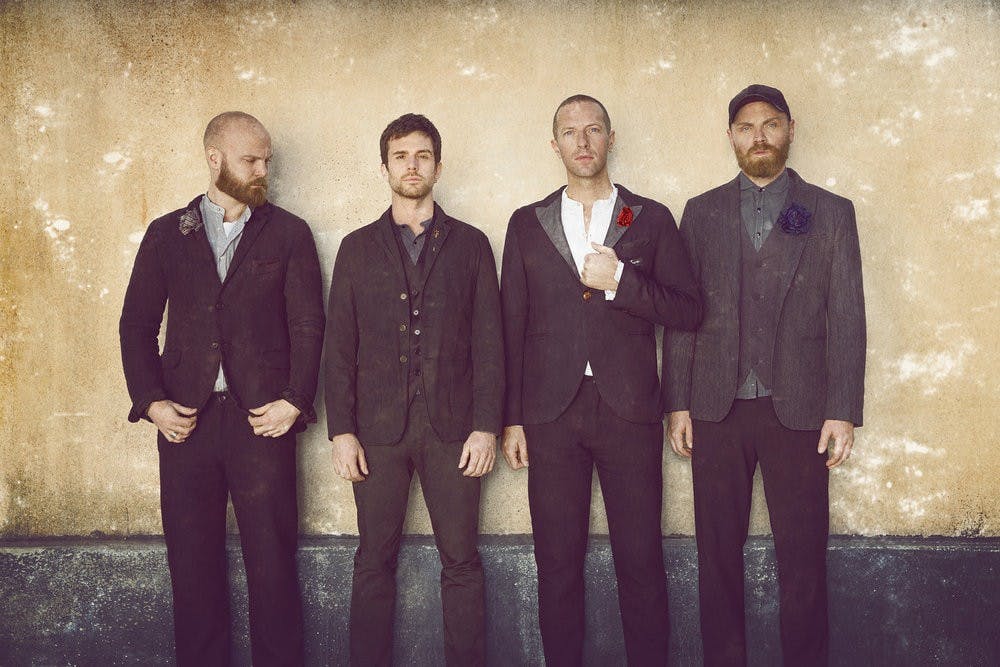It's a rare feat for a rock band to stay together for over twenty years. In an era where pop music has quickly shifted to R&B, rap, and dance–pop, Coldplay has managed to consistently produce sentimental soft rock songs. Their music is predictable, almost formulaic—with Chris Martin’s warm and comforting vocals that often ascend into falsettos, existential lyrics, and guitar riffs. Whether you're a fan or not, Coldplay will long be part of the soundtracks of stores and coffee shops. Although throughout their fame they haven’t been known for being inventive, their eighth studio album Everyday Life is their most ambitious and experimental album to date.
One of the bolder displays of their new sound is the nearly six–minute song “Arabesque.” This brassy, upbeat song has an element of fantasy fit for a Disney soundtrack. This odyssey of a song features Belgian artist Stromae, a sample of Nigerian musician Fela Kuti stating “music is the weapon,” and captivating horn arrangements. With all of its bold components, there’s very little left for the band themselves to contribute.
Similarly on "Èkó," Coldplay’s features provide necessary support for the band. Singing about the beauty of Eko, a city in Nigeria, Chris Martin is accompanied by the light and pleasant vocals of Nigerian artist Tiwa Savage. The song serves as an effective form of storytelling that you don’t usually hear from mainstream music.
Another surprising track from Coldplay is “BrokEn,” which opens with Chris Martin singing with a back–up gospel choir. Chris Martin’s vocals are warm and comforting, as he sings the line “Come shine your light on me.” The lead singer doesn’t quite master the soul and power of gospel music, but the song is nonetheless an expression of unity and hope.
Other attempts at experimentation are less successful. While Coldplay sets out to make statements against racial injustice on “Trouble in Town” and gun violence on “Guns,” the actual musicality falters. The chorus of “Trouble in Town” features somber and dramatic lyrics about social unrest, crescendoing into an audio clip of racial harassment from a Philadelphia police officer. The song's ending is daring and genuine, but the preceding music is long and drawn–out.
On “Guns,” Coldplay criticizes our gun–obsessed culture with the anger–fueled lines, “We’re cooking up the zeros, we’ve been doing all the sums. The judgement of the court is that we need more guns.” The lyrics deliver solid punches, but the song feels rushed and underdeveloped.
It’s likely that, while listening to this album, you’ll forget you’re listening to Coldplay. Confidently straying from their usual sound, Coldplay experiments with non–Western music styles, political statements, and provocative audio clips. Despite these ambitious moves from the band, the album lacks the raw emotions and deep lyricism of their earlier works like “Yellow” and “Fix You” that made so many fall in love with them. At times throughout the album, the sentimentality and messages of social justice feel forced and lacks substance and authenticity. This new experimentation, however, is commendable from a band that had been making indistinct songs for so long.

